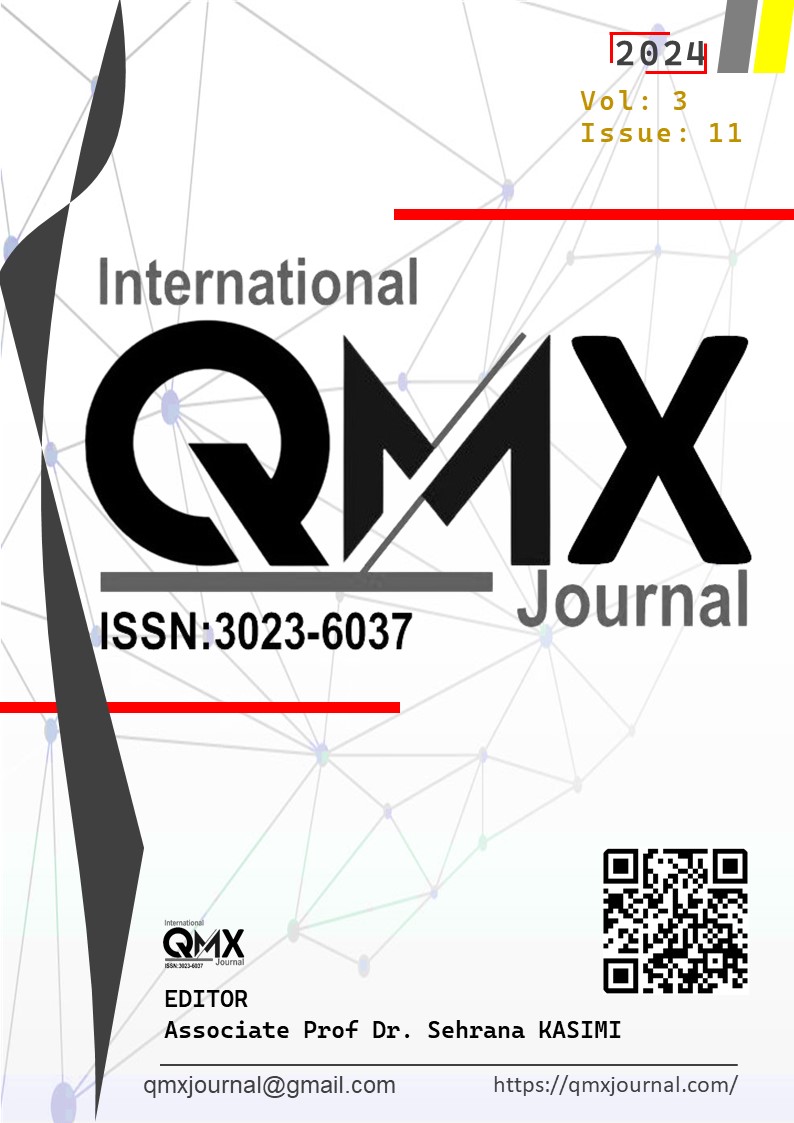Author :
Abstract
Bu çalışmanın amacı, sınıf öğretmenlerinin mobil öğrenmeye ilişkin görüşlerini incelemektir. Araştırmada, genel tarama modellerinden biri olan ilişkisel tarama modeli kullanılmıştır. Çalışma grubunu, Konya ilinin Selçuklu, Meram ve Karatay ilçelerinde Millî Eğitim Bakanlığı'na bağlı ilkokullarda 2022-2023 ve 2023-2024 eğitim-öğretim yıllarında görev yapan sınıf öğretmenleri oluşturmaktadır. Bu öğretmenlerin mobil öğrenmeye yönelik görüşleri anketler aracılığıyla toplanmıştır. Araştırma, 198 sınıf öğretmeninin mobil öğrenme tutumlarını değerlendirmek amacıyla gerçekleştirilmiştir. Ölçek ve alt boyutlar normal dağılım gösterdiği için, ikili grupların ölçek ve alt boyut puanlarının karşılaştırılmasında Independent Samples T Test (Bağımsız Gruplar İçin T Testi), ikiden fazla grubun ölçek ve alt boyut puanlarının karşılaştırılmasında ise One Way Anova Testi (Tek Faktörlü Varyans Analizi) kullanılmıştır. Gruplar arasındaki farklılıkların belirlenmesinde ise Tukey ve Games-Howell testleri uygulanmıştır. Mobil Öğrenme (M-Öğrenme) Benimseme Ölçeği ve alt boyutlar arasındaki ilişkiyi incelemek için Pearson Korelasyon Testi kullanılmıştır. Veriler, IBM SPSS 26 Statistics paket programı ile analiz edilmiştir. Araştırma sonuçlarına göre, sınıf öğretmenleri mobil cihazları derslerde öğretim amacıyla kullanmaktadır. En çok matematik dersinde mobil öğrenmeyi tercih ettikleri tespit edilmiştir. Ayrıca, öğretmenler öğrencilerini okul dışında mobil öğrenmeye teşvik etmekte ve mesleki kişisel gelişimleri için mobil öğrenmeyi kullanmaktadır. Mobil öğrenmenin zengin içerik sunma, zamandan ve mekândan bağımsız öğrenme gibi avantajları olduğu belirtilmiştir. Ancak, öğretmenin etkinliğini azaltma, bağlantı problemleri ve uygun olmayan içerikler gibi sınırlılıkları da bulunmaktadır. Sonuç olarak, mobil öğrenmenin önemi giderek artmakta ve sınıf öğretmenlerinin bu konuda bilinçlendirilmesi gerekmektedir.
Keywords
Abstract
The aim of this study is to examine the views of classroom teachers on mobile learning. The research employs a relational survey model, which is one of the general survey models. The study group consists of classroom teachers working in primary schools affiliated with the Ministry of National Education in the Selçuklu, Meram, and Karatay districts of Konya during the 2022-2023 and 2023-2024 academic years. The views of these teachers on mobile learning were collected through surveys. The study was conducted to evaluate the mobile learning attitudes of 198 classroom teachers. Since the scale and its sub-dimensions showed a normal distribution, the Independent Samples T-Test was used to compare the scores of two groups, and the One Way Anova Test was used to compare the scores of more than two groups. Tukey and Games-Howell tests were applied to determine differences between groups. The Pearson Correlation Test was used to examine the relationship between the Mobile Learning (M-Learning) Adoption Scale and its sub-dimensions. Data were analyzed using the IBM SPSS 26 Statistics package program. According to the results of the research, classroom teachers use mobile devices for instructional purposes in their lessons, with a preference for mobile learning most commonly in mathematics. Additionally, teachers encourage their students to use mobile learning outside of school and utilize it for their professional development. It was found that mobile learning offers advantages such as providing rich content and enabling learning independent of time and place. However, it also has limitations, including reducing teacher effectiveness, connectivity issues, and inappropriate content. In conclusion, the importance of mobile learning is increasing, and classroom teachers need to be made aware of this field.





